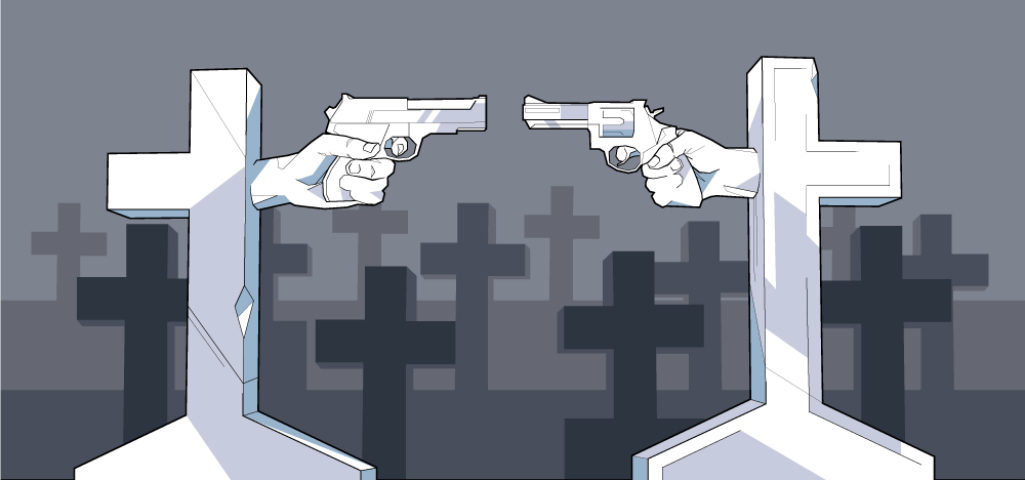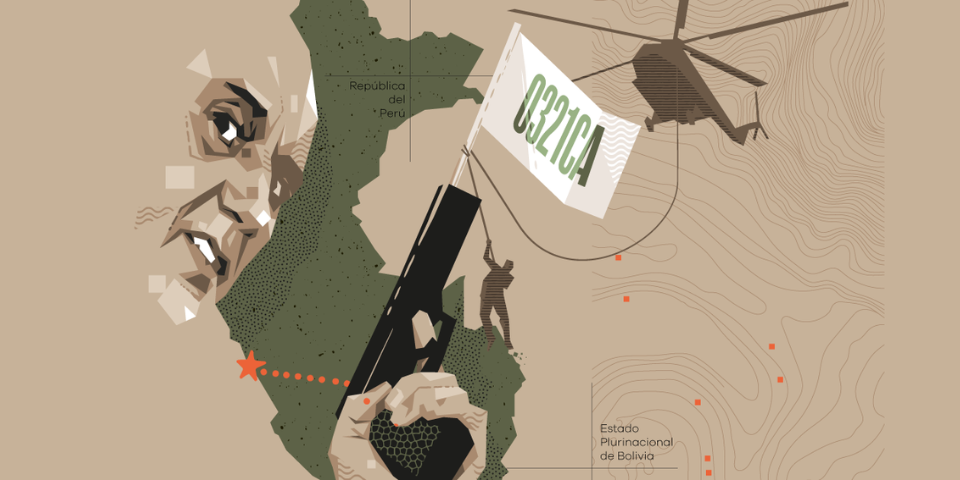Serbia and Montenegro: Only Four Gang-related Murders Solved in Five Years
Serbia and Montenegro: Only Four Gang-related Murders Solved in Five Years

Authorities in Serbia and Montenegro have in the past five years solved only four out of 83 murders that appear to be gang-related. A database called “The Black Book“, which was put together by Crime and Corruption Reporting Network – KRIK and Radio Free Europe, shows that in more than two thirds of the cases, authorities have neither identified the shooter nor the person who ordered the assassination.
Of the total number, 56 killings occurred in Serbia and 27 in Montenegro. Apart from the four solved cases that saw convictions, 18 are currently being processed by courts and a further 61 are being investigated, according to the database.
The collected data show that killings that appear to be gang-related have been on the rise since 2012, and investigations into them are slow, a professor at the Faculty of Legal and Business Studies in Novi Sad, Zdravko Skakavac, told KRIK/RFE.
“Obviously, all those assassinations were very well planned, coordinated and the leaders of the criminal gangs are taking steps to reduce errors,” Skakavac explained.
“Most of the time professional killers from the region are hired to do the job,” he added.
However, good planning is not the only reason for the modest results in solving cases, experts claim.
“The reason most killers are not identified yet are the links between organized crime and police structures, prosecution and security institutions,” crime expert Dobrivoje Radovanovic told KRIK/RFE.
He blames government structures for not having control over the movements, intentions and behavior of members of criminal groups.
“In some cases the impotence of the state is intentional,” he said.
“I keep repeating that organized crime is very powerful, woven into state institutions,” he said, adding that often a case portrayed as being difficult to investigate, “is in fact – ignored.”
“The Black Book” data show that most of the perpetrators ambushed their victims and used automatic weapons to kill them. Some 10 percent of the victims died in car bomb attacks.
What is worrisome is the lack of concern for collateral victims, KRIK emphasized.
In 2013, four innocent people were injured in what appeared to be an assassination attempt in a coffee shop in Budva, Montenegro.
In another case, an 18-year-old student was injured in 2015 in Belgrade as he was passing by when a bomb planted underneath the car of a targeted owner exploded.
Lawyer Bozo Prelevic told KRIK/RFE that he blames authorities for not implementing the existing laws.
“The central question is: who is the judge, who is the prosecutor, who is the inspector, who is the head of the police,” he told KRIK/RFE.
“Among them are those who are really good, those who are not interested, those who are corrupt and those who were installed by a political party,” he claimed, predicting that things will only get worse in the future.
“Over the past two years, the mafia has been seriously establishing itself here,” Prelevic concluded.
Visit the database The Black Book



